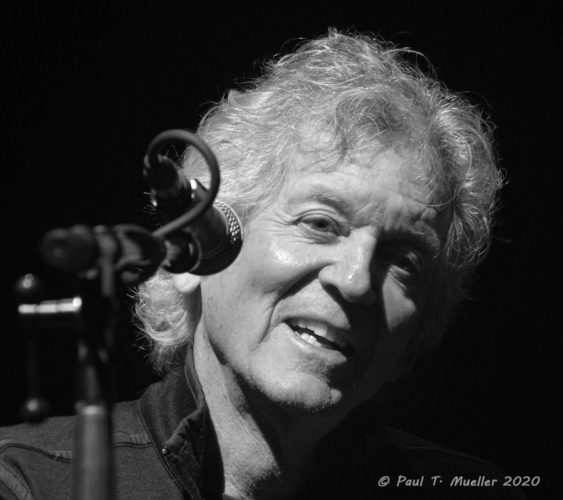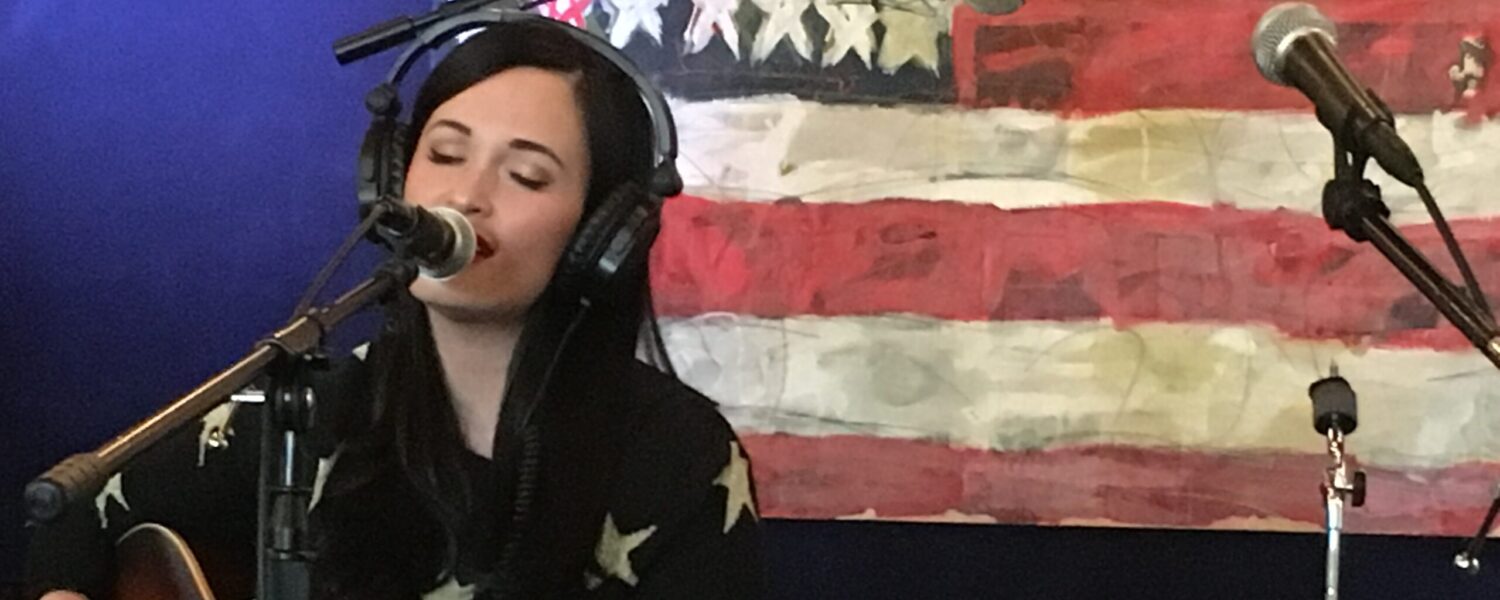By Paul T. Mueller
If you had any lingering doubts about how performers and audiences are feeling about the recent resumption of live performances, Rodney Crowell’s July 29 show at Houston’s Heights Theater would have put those doubts firmly to rest. Crowell and his excellent four-piece band, clearly thrilled to be back on the road, put on an energetic performance spanning the Houston native’s long career, up to and including his new release, Triage. The near-capacity audience responded in kind.

The show was only the third of the current tour, but you’d never have known it from the band’s tight playing. Multi-instrumentalist Eamon McLoughlin and keyboardist Catherine Marx earned frequent and enthusiastic mid-song applause for their impressive solos, while bassist Zachariah Hickman and percussionist Glen Caruba provided solid rhythm support. Band members also contributed vocals in support of Crowell’s fine voice and powerful delivery.
Crowell started off with the title track of 1995’s Jewel of the South and continued with the anthemic “Earthbound” from 2003. He dedicated “Still Learning How to Fly” to an audience member turning 70. Marx and McLoughlin, on fiddle, showed off their impressive skills on the jazzy “The Weight of the World,” from Crowell’s 2015 collaboration with Emmylou Harris, The Traveling Kind.
Other highlights of the 25-song set included older hits such as “I Couldn’t Leave You If I Tried,” “Shame on the Moon,” “I Walk the Line (Revisited)” (with Hickman handling the Johnny Cash vocals), and the more recent “It Ain’t Over Yet,” which Crowell wrote for his old friend Guy Clark. A mid-set segment of Triage songs included the title track, “Something Has to Change” and “This Body Isn’t All There Is to Who I Am.” “Telephone Road” and “East Houston Blues,” with their local references, got big reactions, as did Crowell’s stories about growing up in the Houston area and about the genesis of some of his songs.
The main set ended with a trio of hits from Crowell’s more mainstream days in Nashville – “I Ain’t Living Long Like This,” “Leaving Louisiana in the Broad Daylight” and “ ’Til I Gain Control Again.” After a standing ovation and a short break, the band returned with “Frankie Please,” which Crowell dedicated to the late Dusty Hill of ZZ Top, and a quiet but powerful solo rendition of his “cautionary tale” of crime and irony, “Highway 17.”
